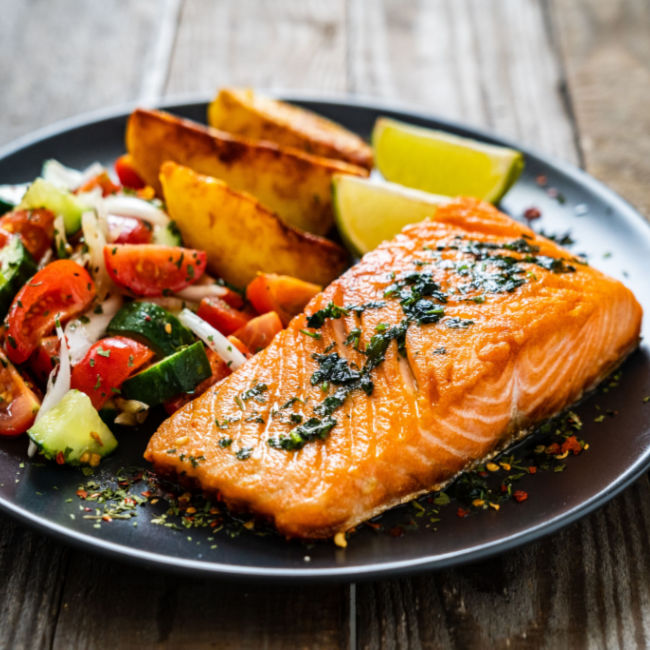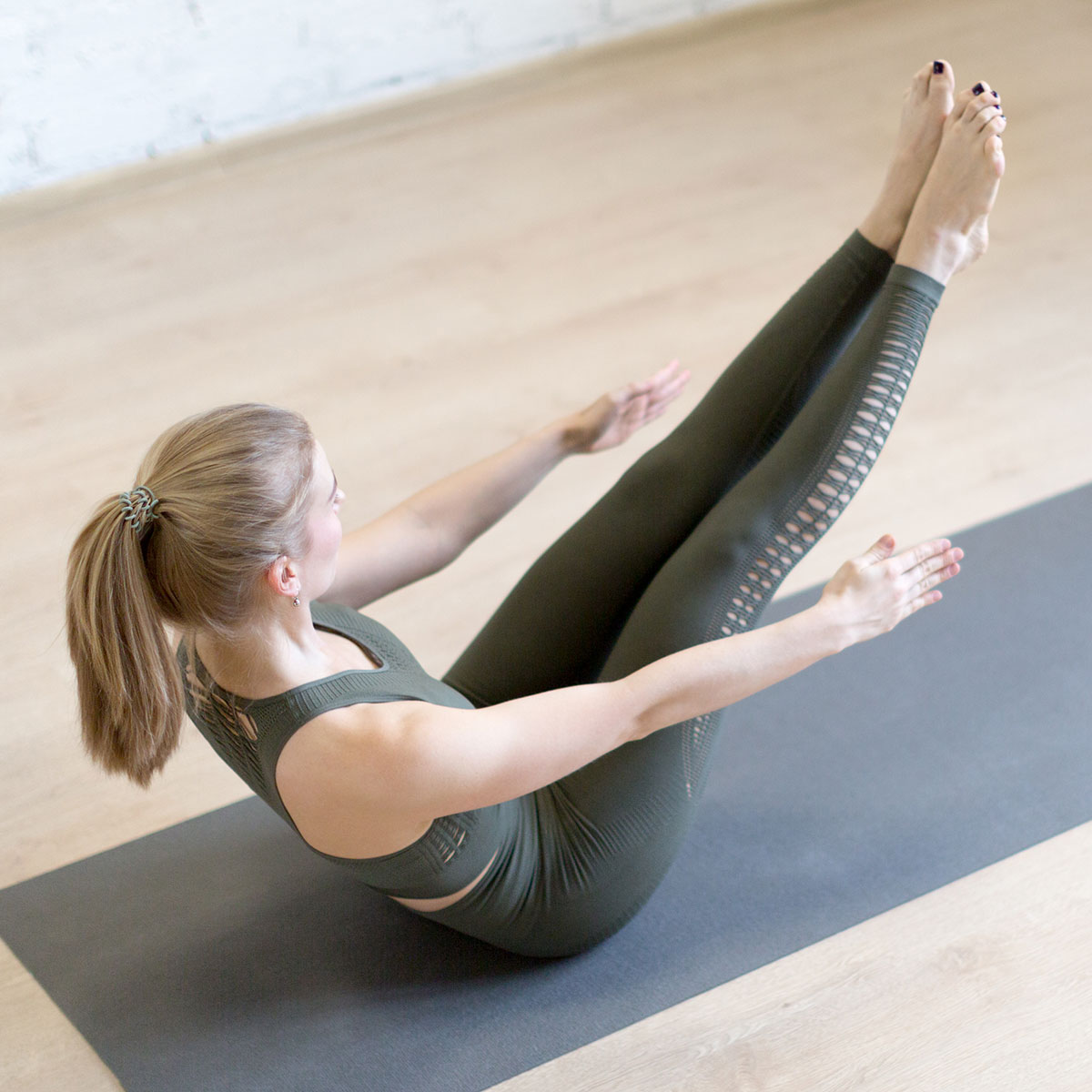This story has been updated since it was originally posted in 1/03/2022 to include more expert insight
When experienced in small spurts, inflammation can be your body’s way of protecting itself from outside invaders like infection and bacteria. However, when your body gets stuck in an inflamed state, known as chronic inflammation, it can have negative health effects. In some cases, your body may have an inflammatory response even when there are no threatening invaders to protect against. This type of inflammation is connected to many autoimmune diseases, including some types of arthritis. Because inflammation can make autoimmune conditions worse, it’s important to lead a lifestyle that reduces inflammatory markers in the body. We asked Nina Zorfass of the Institute of Integrative Nutrition and Sony Sherpa, MD from Nature’s Rise what their favorite lifestyle tips are for relieving inflammation, and how they can help ease arthritis pain in the body.
First of all, how exactly do inflammation and arthritis connect? “Rheumatoid arthritis is the most common autoimmune arthritis and occurs when the immune system attacks the lining of the joints, called synovium, causing inflammation, swelling, joint pain, and stiffness,” Zorfass says, “The erosion of the lining of the joints can lead to serious damage, including erosion of the bone itself and deformities in the bones.” While there’s no cure for rheumatoid arthritis as it stands, there are medications available and lifestyle changes you can try to reduce your symptoms. Although Zorfass is sharing some tips that can help with leading an anti-inflammatory lifestyle, you should always consult with your doctor to discover the best treatment plan for you.
READ MORE:
These Are The Best Anti-Inflammatory Ingredients To Eat Every Day, According To Dietitians
The Worst Soup Ingredients For Inflammation Over 40, According To Dietitians
Health Experts Agree: This Is The One Type Of Snack You Should Stop Eating (It Causes Inflammation!)
3 Morning Mistakes That Doctors Say Make Inflammation And Weight Gain So Much Worse


1. Engaging in Regular Physical Activity
Staying active is an important part of any healthy lifestyle, but it can be especially important for reducing inflammation. “Physical activity can help prevent the development of chronic conditions and, in those with autoimmune disease, can promote the movement of IL-6 out of the muscles, which has an anti-inflammatory effect (notable–considering IL-6 is otherwise proinflammatory!),” Zorfass says. “Furthermore, the benefits of physical activity include improved mood and increased mobility, decreasing systemic inflammation. For patients with autoimmune conditions impacting their mobility, regular low-impact physical activity can actually improve their condition by keeping them moving and, at the same time, decreasing their risk of other chronic conditions often associated with those autoimmune conditions.”

2. Reducing Alcohol Consumption
If you’re looking for one more reason to cut back on alcohol, consider the anti-inflammatory benefits of reducing your intake. “For those who drink more than a moderate amount of alcohol, there’s an increased risk for immune system impairment, both in the short-term after a binge-drinking episode and in the long-term with chronic alcohol abuse,” Zorfass says. “Alcohol interferes with white blood cell signaling, which over time has the potential to create an autoimmune response.” Who knew?

3. Reducing or Quitting Smoking
Smoking cigarettes is another habit that you should consider kicking for a number of reasons–especially when it comes to your health. Zorfass says smoking is one major factor that could contribute to inflammation and arthritis pain. “Smoking cigarettes can lead to many health issues, including the development of autoimmune disease due to the oxidative stress caused by cigarette smoke,” she says. “Smoking can also lead to increased susceptibility of infections, which could lead to increased auto-reactivity.”

4. Follow an anti-inflammatory diet
When it comes to reducing inflammation, your diet is a great place to start. Not only should you cut back on inflammatory foods like seed oils and other processed foods, but adding anti-inflammatory options to your plate can make a huge difference. “Eating anti-inflammatory foods, such as fatty fish, nuts, turmeric, and olive oil, is a great place to start,” Dr. Sherpa says. “Adding supplements like fish oil or glucosamine may also help. Consuming plenty of fruits and vegetables is important as they contain antioxidants, which can help to protect the body against inflammation.”

5. Practicing Mindfulness Meditation
Believe it or not, meditation can do more than just bring you some inner peace; as it turns out, reducing stress is one great way to reduce inflammation, which is why making mindful meditation part of your regular routine can help keep arthritis pain at bay. “Studies have shown that mindfulness meditation can decrease circulating levels of C-reactive protein (CRP), which is a biomarker of inflammation, in addition to increasing lymphocyte (white blood cell) count and telomerase activity,” Zorfass explains. “Telomerase is an enzyme that dictates the length of telomeres, which are proteins in cells shown to have an impact on aging. This increased activity indicates a beneficial effect on modulating the immune system. Practicing mindfulness meditation isn’t difficult, either!” What a great idea!
All of these things are lifestyle changes that you can try to reduce inflammation in the body. In doing this, you can ease autoimmune symptoms. As stated previously, you should always consult with your doctor before you make any major lifestyle changes.


























